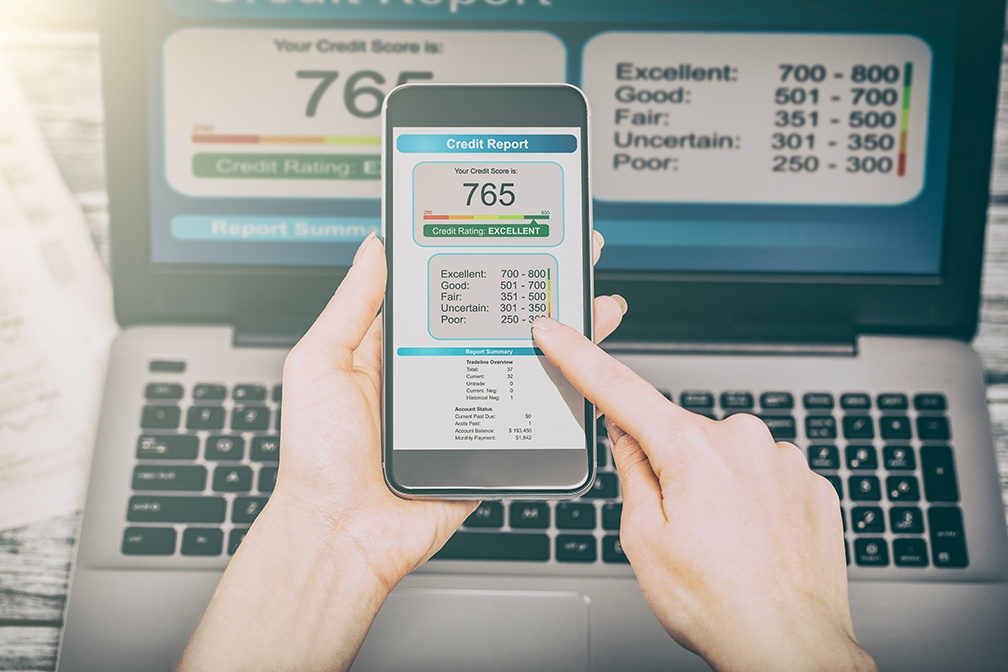 New homes can be scary. But when you take the time to think about it and plan ahead, maintaining a home is easier than you think a manageable mix of experience and common sense. Here are five skills that will help maintain your new home for years to come.
New homes can be scary. But when you take the time to think about it and plan ahead, maintaining a home is easier than you think a manageable mix of experience and common sense. Here are five skills that will help maintain your new home for years to come.
Fixing A Toilet
It’s not as daunting as it sounds. Just remember that toilets work with gravity the water wants to flow freely. Don’t be afraid to open that tank up and adjust the floater and valves as needed. Occasionally run the water (flush the toilet, turn on the sink) in unused rooms, like the guest bathroom, to keep the pipes clear and functioning.
Dealing With Animals
Sometimes your animal neighbors invite themselves in. While it’s always better to use professionals if you have a large-scale or persistent pest problem, there are steps you can take to minimize animal visitors before it comes to that. Check for termites by looking for raised, hollow tubes along the wood (tubes filled with bugs). If you have mice, and know how they’re getting in, block their holes with steel wool and set friendly traps ones that capture instead of kill. But make sure to release the captives far from your home.
Electricity and Water Awareness
Know how to shut off your electricity and water, just in case. Find the shut-offs when you first move in. And take the time then to test the breakers and label them, clearly, directly, with a permanent marker. That way there is no confusion if one gets tripped.
A Regular Deep Clean
On a regular basis, give your house a deep clean. Scrub the bathrooms, and clean the kitchen appliances and floors/walls. Doing this will not only prevent the accumulation of dirt and grime, which could lead to bigger problems later on but will also give you a chance to do a run-down of your house and see what needs fixing/updating/replacing.
Be Prepared
Gather your home maintenance kit (Home Maintenance for Dummies has examples) before you need it, and keep it up if you use all the nails, replace them. It’s also a good idea to make a maintenance calendar with notes on what needs to be done when this makes it easy for the homeowner, and anyone they need to step in. Finally, in being prepared, don’t forget to maintain your fire and carbon monoxide detectors with regular checks and battery changes (suggested every six months, regardless of battery life).
Your first step in preparation is to contact your local real estate agent, who can help you get started on your road to home maintenance.
 When it comes to purchasing a home, one of the most significant financial decisions you’ll make is how much to put down as a down payment. Your down payment not only affects the amount you need to borrow but also plays a vital role in determining your mortgage interest rate and overall financial stability. Here are crucial tips to keep in mind when making a down payment for a home:
When it comes to purchasing a home, one of the most significant financial decisions you’ll make is how much to put down as a down payment. Your down payment not only affects the amount you need to borrow but also plays a vital role in determining your mortgage interest rate and overall financial stability. Here are crucial tips to keep in mind when making a down payment for a home: When delving into the world of real estate and investment property, there are many terms that will come up that require further explanation. Whether you’ve never heard the phrase ‘home equity’ before or you have a little familiarity, here are the ins and out of what it means and how this asset can help your financial outlook.
When delving into the world of real estate and investment property, there are many terms that will come up that require further explanation. Whether you’ve never heard the phrase ‘home equity’ before or you have a little familiarity, here are the ins and out of what it means and how this asset can help your financial outlook. You’ve scoured the new home listings, been to all the open houses and have finally found the home of your dreams. It is now time to draft an offer and begin the negotiation process. Below we’ll share four mistakes that you will want to avoid when making an offer on your dream home.
You’ve scoured the new home listings, been to all the open houses and have finally found the home of your dreams. It is now time to draft an offer and begin the negotiation process. Below we’ll share four mistakes that you will want to avoid when making an offer on your dream home. It’s not uncommon for homebuyers to recount horror stories about properties that appeared to be fine at first glance, but were actually hiding very expensive problems. If you fail to do your due diligence, you might find your dream house turning into a nightmare. The next time you walk through a house, pay attention for these five signs that the property might be hiding a unfortounate secret or two.
It’s not uncommon for homebuyers to recount horror stories about properties that appeared to be fine at first glance, but were actually hiding very expensive problems. If you fail to do your due diligence, you might find your dream house turning into a nightmare. The next time you walk through a house, pay attention for these five signs that the property might be hiding a unfortounate secret or two. Whether you’re just out of college, recently married or simply haven’t jumped into the market yet, buying your first home is an exciting prospect. It can also be an expensive one, which is why most people will take out a mortgage to help finance the cost.
Whether you’re just out of college, recently married or simply haven’t jumped into the market yet, buying your first home is an exciting prospect. It can also be an expensive one, which is why most people will take out a mortgage to help finance the cost.